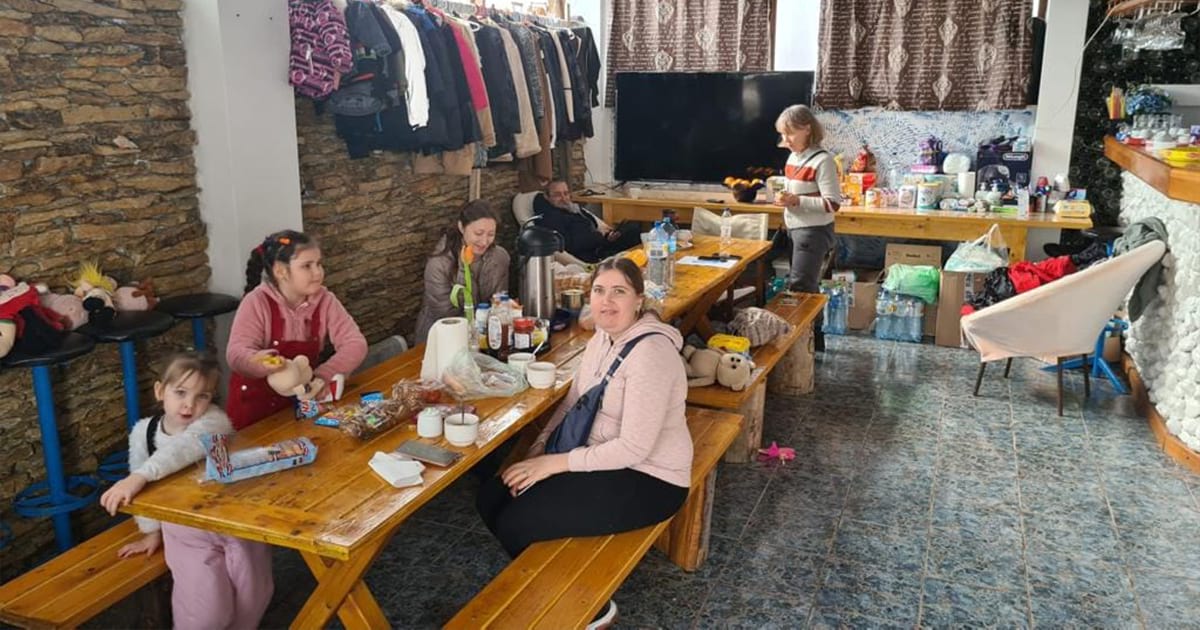
As war and violence continue to devastate Ukraine, the LCMS has responded in a variety of ways to meet the spiritual and physical needs of those still in Ukraine as well as those who have fled the country.
In parts of Romania, Latvia, Germany, the Czech Republic and Slovakia, the Synod has issued grants for humanitarian aid and refugee support. In Romania, nearly $300,000 has been set aside to subsidize rent for transitional dormitory housing, with the possibility of purchasing a second dormitory in the future.
In Brasov, Romania, the Rev. Sorin-Horia Trifa, a Romanian pastor who works with the LCMS, is helping provide displaced Ukrainians with room and board, medical assistance and spiritual support. An LCMS missionary is offering English-as-a-Second-Language classes. The ability to understand and speak English, the “trade language” there, will help refugees find employment and acclimate to life in a new place. In Slovakia, a Lutheran school began accepting displaced Ukrainians in the early stages of the war. The school continues to provide a Christian education for refugee children, and the LCMS has provided support for this to continue.
Meanwhile, the Synod’s partner church in Germany, the Selbständige Evangelisch—Lutherische Kirche (SELK), has created a position to manage its refugee care programs. The LCMS is supporting this role and its related expenses through a $120,000 grant.
And at the Old Latin School (OLS) in Wittenberg, Germany (a project of the LCMS), two floors are being rented for refugee housing. A Ukrainian Lutheran pastor is holding Divine Services in Ukrainian at the OLS on Sundays. He is also providing Lutheran catechetical instruction for refugees and others in Wittenberg.
Refugees fleeing Ukraine have lost loved ones, parents, children, homes and livelihoods. While the work to meet physical needs is very important, the work of the church differs from secular humanitarian organizations in that it shares a far more critical resource — the proclamation of God’s Word, especially the precious Gospel.
Posted Sept. 1, 2022